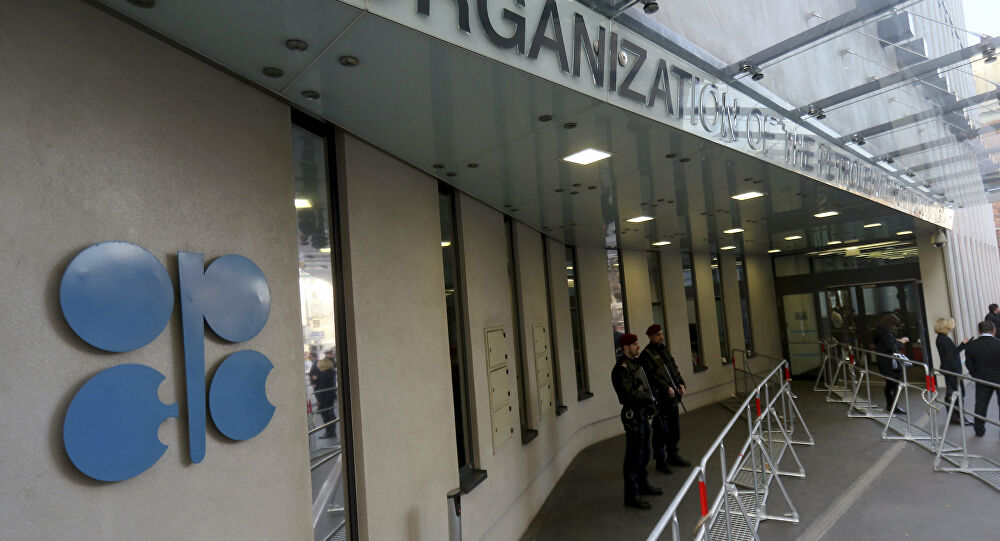International oil cartel Organization of the Petroleum Exporting Countries (OPEC)+’s strategy is working, Bloomberg reports, and the massive oil tanks swarming the Caribbean islands are solid evidence of this.
When Saudi Arabia decided to maintain the large cut in crude production in January, traders have been “draining crude supplies from St. Lucia and Freeport in the Bahamas” to take advantage of the nearly 35% surge in crude prices.
According to Buckeye St. Lucia, which is a valuable crude oil storage and transshipment facility in the region, the island offers ~9.3 million barrels of crude oil storage and an additional ~1 million barrels of refined products storage (mostly distillate fuels). Buckeye’s Bahamas hub, meanwhile, currently has over 26 million barrels of storage capacity and 8 berths, including 2 VLCC-capable berths.
“Inventories in the region are now at a 17-month low and less than half the peak reached in June, reported Bloomberg while citing industry data-analytics firm OilX.”
When the COVID-19 outbreak was declared a pandemic last year and crippled the world’s economy, Saudi Arabia and Russia found themselves at loggerheads on the petroleum’s price, which resulted in oil futures falling below zero.
The market moved into a state of contango, or a situation where the futures price of a commodity is higher than the spot price; traders frantically searched for tanks to stockpile crude as they waited for a recovery.
Because of OPEC+ decision to maintain production cuts, oil markets are now in backwardation, or when the current price of an underlying asset is higher than prices trading in the futures market. As a result, traders in the Americas are removing barrels from storage a month or two earlier than expected, according to people with knowledge of the situation that Bloomberg spoke with.
The depletion of inventories extends beyond the Caribbean. Bloomberg further reports that in Central America, Panama’s Pacific terminal of Charco Azul used by Chinese and U.S. West Coast refiners experienced a similar phenomenon after tankers removed 8 million barrels last month. (www.caribbeannewsnow.com)





































